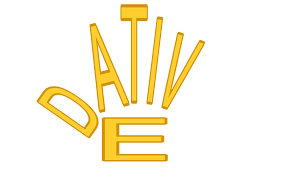Dative case
The dative case can indicate an indirect object (purpose) and a direction of movement. Suffixes : sg. pl. m -u: bulevar-u, momk-u –ima: bulevar-ima, momc-ima -u: Mark-u, Đorđ-u f -i: žen-i, devojc-i –ama: žen-ama, devojk-ama -i: reč-i –ima: reč-ima n -u: pism-u, polj-u -u: ime-n-u –ima: pism-ima, polj-ima ime-n-ima In the dative singular for…


